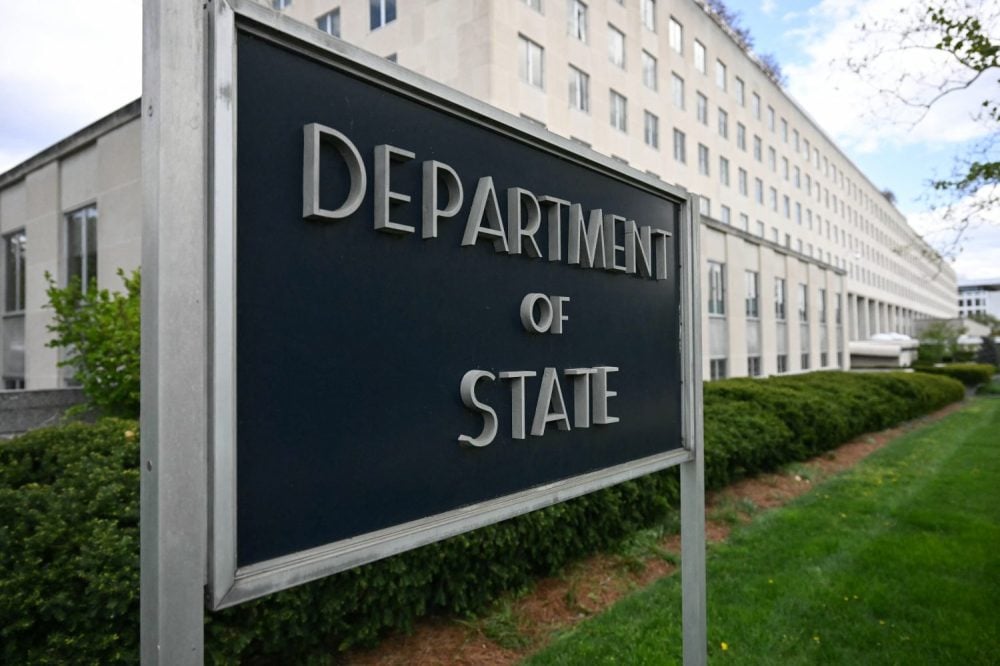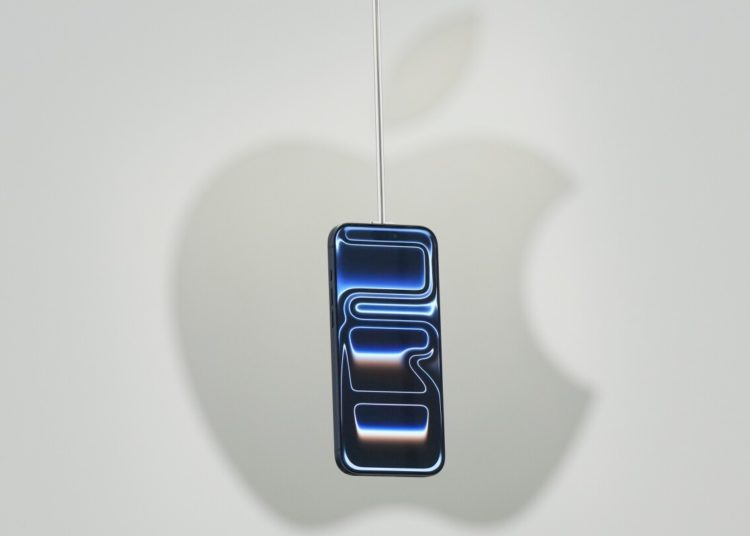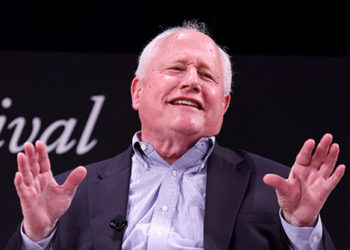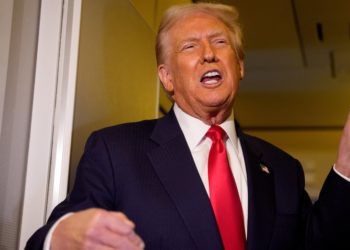U.S. Secretary of State Marco Rubio’s plan for overhauling the State Department’s 300-plus bureaus and offices has drawn howls of protest from the usual quarters. Critics contend that by restructuring Washington’s diplomatic bureaucracy, Rubio is pursuing an ideological agenda that will disembowel the department, undercut U.S. diplomacy, and impair the country’s reputation abroad.
But the critics are wrong. The State Department is in urgent need of reform. Over the past three decades, it has expanded its remit into countless functions and causes that are well outside its core mission. This is not just an inefficient use of taxpayer resources. It is a distraction from, and in some instances an active impediment to, what should be the department’s top focus: Wielding classic diplomacy and nurturing its underlying skill sets—negotiations and regional expertise—for an era of great-power competition.
The main reason the State Department has drifted so far from its raison d’etre is the greenhouse-like conditions that have existed since the Cold War. Without a peer competitor, the United States simply did not need diplomacy as it had been conducted throughout history: as a medium for building coalitions and reconciling conflicting interests with other powerful states. Washington’s vast power advantage created a predilection for responding to international problems through force or sanctions. The State Department’s role in foreign policy shrunk while those of the Defense Department and Treasury expanded apace.
In this setting, the State Department suffered from severe mission creep. It took on an array of goals that mirrored the reorientation of U.S. foreign policy toward democracy promotion and nation-building. It devoted more resources to social issues, multilateralism, foreign aid, and dealing with so-called transnational problems, such as climate change, migration, and human rights. Many of these topics are, by definition, boundless and open-ended—and thus provided a carte blanche for bureaucratic expansion. Department culture embraced the idea that the era of geopolitical competition was over, that pursuing the national interest was selfish, and that the job of the diplomat was to become a grand administrator who could tackle just about every global problem.
Along the way, the department’s work became suffused with the prevailing views of the progressive elite. Take human rights: Over the last 30 years, as the human rights scholar Aaron Rhodes has documented, the State Department has moved away from the traditional conception of individual liberty codified in the U.S. Bill of Rights to embrace the more nebulous and extensive array of “collective rights” advocated by the United Nations, including rights to social security, public services, and union organizing, as well as reproductive rights. From there, it was a short leap to stumping for various progressive domestic causes: As a 2024 congressional report detailed, the State Department has steadily injected a variety of political causes into its structures, workforce, public diplomacy, grant-making, and aid distribution in recent years.
It’s important to grasp just how much of a step-change this represents in how the United States conducts itself abroad. During the Cold War, the State Department used many of the same instruments, like foreign aid and human-rights reports, but it did so in a way that explicitly promoted U.S. national interests—and didn’t cross over into the United States’ domestic partisan territory. To see the point, compare State Department human rights reports from the Reagan era, which were tightly focused on egregious abuses (which, not surprisingly, were disproportionately found among communist adversaries), with reports from the Biden era, which are suffused with references to identity politics and promote polarizing causes that would elicit profound disagreement from a large segment of the American public.
While wading into ideology, the State Department has allowed many of the most vital aspects of traditional diplomacy to atrophy. A big example is negotiations, which has been steadily demoted as a core competency for Foreign Service officers. I found this out in my time at the State Department when I asked colleagues to point me to the department’s most seasoned negotiators to advise on sensitive talks that were underway with a foreign power. The response I got was silence. The individuals I eventually found were late in their careers and just happened to be good negotiators on the basis of personality—not because that skill is encouraged or cultivated in the system.
Another example is regional expertise. The department has not done a good job of nurturing deep repositories of knowledge about the particulars of foreign societies. This is partly because of an advancement system in the Foreign Service that discourages geographic specialization to the detriment of the kind of deep knowledge that was the hallmark of, for example, the British Foreign Office in the early 20th century. But it is also due to the prevalence, since the end of the Cold War, of a naive mindset that sees foreign societies as more or less interchangeable units awaiting the proper implementation of supposedly universal ideas and norms.
In both cases—negotiating skills and regional expertise—the disciplines in question constitute the raison d’etre of diplomatic bureaucracy. In a survey that I recently conducted of more than 1,500 years of Western statecraft, I found that states have honed these skills since antiquity in order to gain an advantage in strategic competition. The nature of all bureaucracy is to seek to expand its resources and mission. But at moments of mounting international danger, leaders—from French statesman Cardinal Richelieu to German Imperial Chancellor Otto von Bismarck to U.S. President Richard Nixon—have wrangled the bureaucracy into alignment with the needs of the state. Skill in diplomacy, in other words, requires continual renewal of institutions that underwrite its most important functions. Successful great powers cultivate diplomacy as an instrument of national-strategic excellence—and pull it back to its central purpose when bureaucracy strays.
In the U.S. case, mission creep has been especially pronounced because of the uniquely permissive conditions of the post-Cold War era. The hollowing out of the State Department’s classic functions has been the price paid, both for its elasticity in mission and its rigidity in adhering to progressive orthodoxy. There are plenty of good people inside the system who see these problems and want to fix them. But bureaucratic inertia is powerful—as former Secretary of State Mike Pompeo found when he introduced new initiatives aimed at improving leadership, training, and professionalism at the department during Trump’s first term.
All of this is dangerous for three reasons. First, it creates a gulf between the U.S. diplomatic corps and a large part of the American electorate. A State Department that sees itself as the guardian of norms rooted in the progressive consensus is bound to find itself detached from, if not despised by, the half or more of the American population whose most deeply held beliefs are at odds with that consensus—exactly as is now the case.
Second, it creates a disconnect between U.S. diplomacy and the imperatives of national security. There are simply too many policy areas competing for attention alongside core national interests. The State Department’s methods for aligning resources with objectives typically treat the latest U.S. National Security Strategy as an afterthought at best. The result is an institution that, in recent years, has existed in a separate orbit that is not tightly aligned with U.S. strategic objectives in the world.
Third, it puts the United States at a disadvantage in great-power competition. The progressive causes that the department has embraced in recent years may be popular in California or Sweden, but they are often irrelevant or even antagonistic to the world’s developing countries and traditional societies, many of which are located in the very parts of Asia and Africa that are at the forefront of great-power competition.
Unlike in the aftermath of the Cold War, Washington today has to contend with major powers that cannot be overawed with U.S. force and sanctions. Diplomacy in its classic form was developed over the ages precisely for competitive conditions like today’s. It is the essential medium by which powerful states restrain one another, prevent war, and achieve lasting security. Those states that possess a high degree of competence in diplomacy’s core purposes—negotiation, local knowledge, and single-minded promotion of the national interest—will have a decisive advantage over those that don’t.
In short, the reorganization of the State Department is necessary and overdue. The danger is not, as critics contend, that the Trump administration will “gut” U.S. diplomacy. That has already occurred, courtesy of 30 years of drift, politicization, and dissipation. The real danger would come if Rubio’s effort to reform the department is stymied, as those of Rex Tillerson and Pompeo ultimately were, and things continue on their present course. That is a recipe for rendering the United States both over-endowed with nominal institutions of diplomacy and underprepared for actually wielding diplomacy as a tool of statecraft in an era of renewed great-power competition.
The sooner the United States can rectify this state of affairs and get the State Department back to its mission of true diplomacy, the better.
The post The State Department Overhaul Is Long Overdue appeared first on Foreign Policy.




